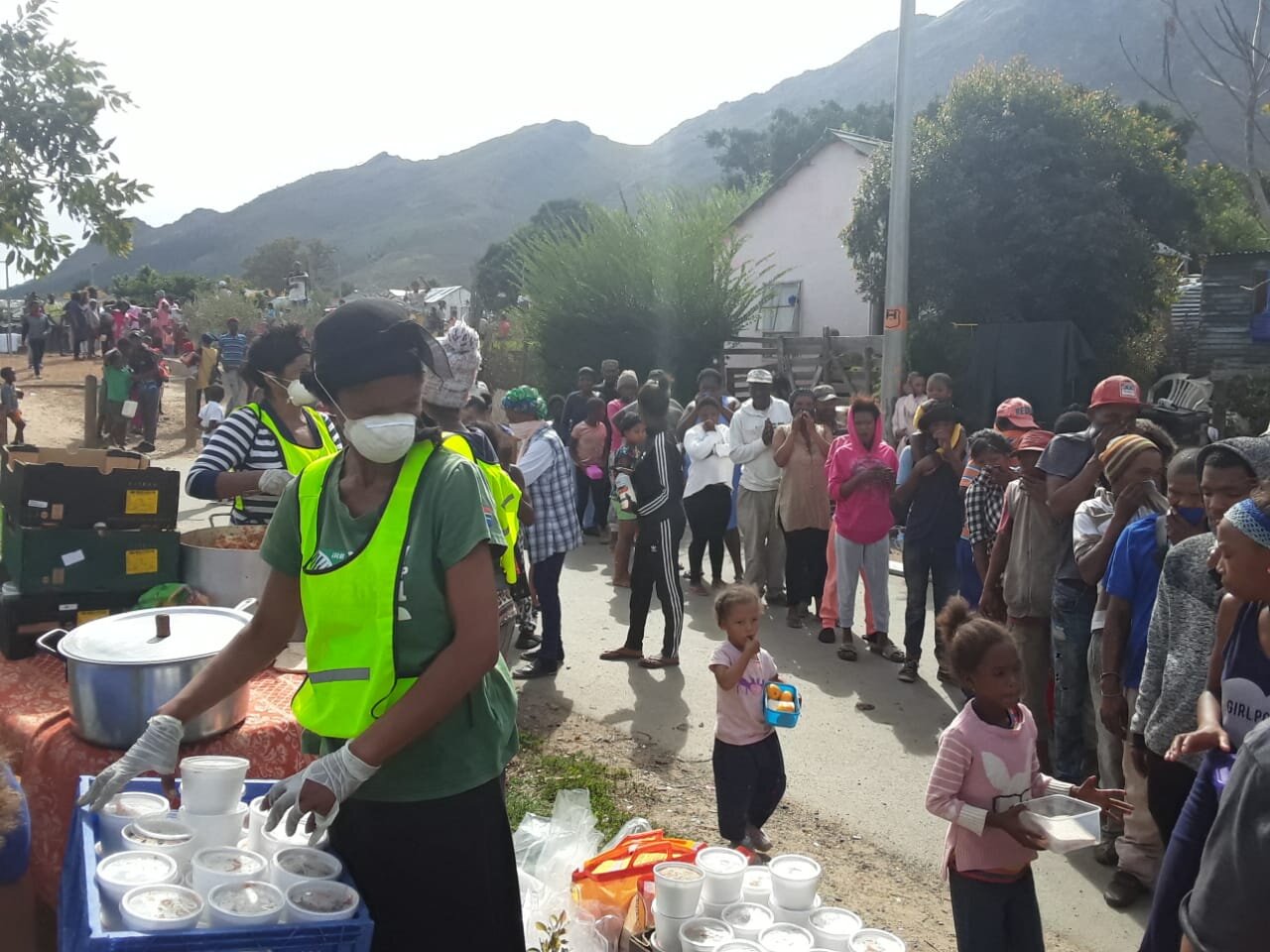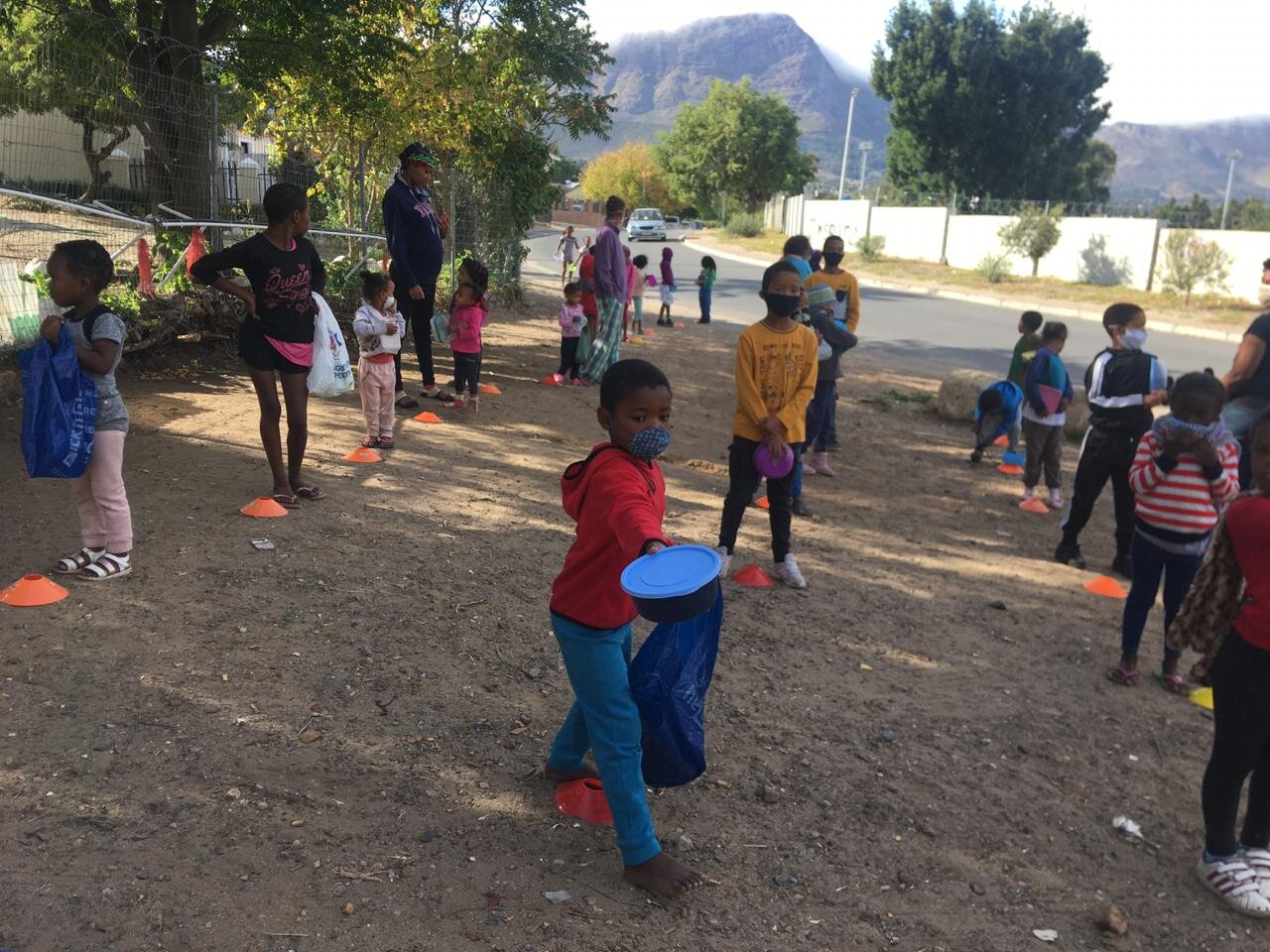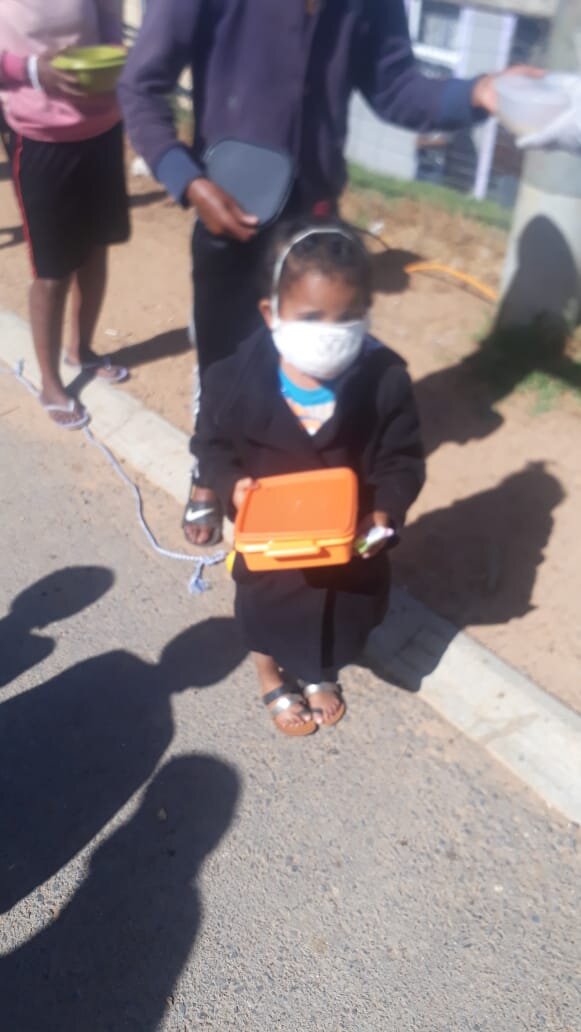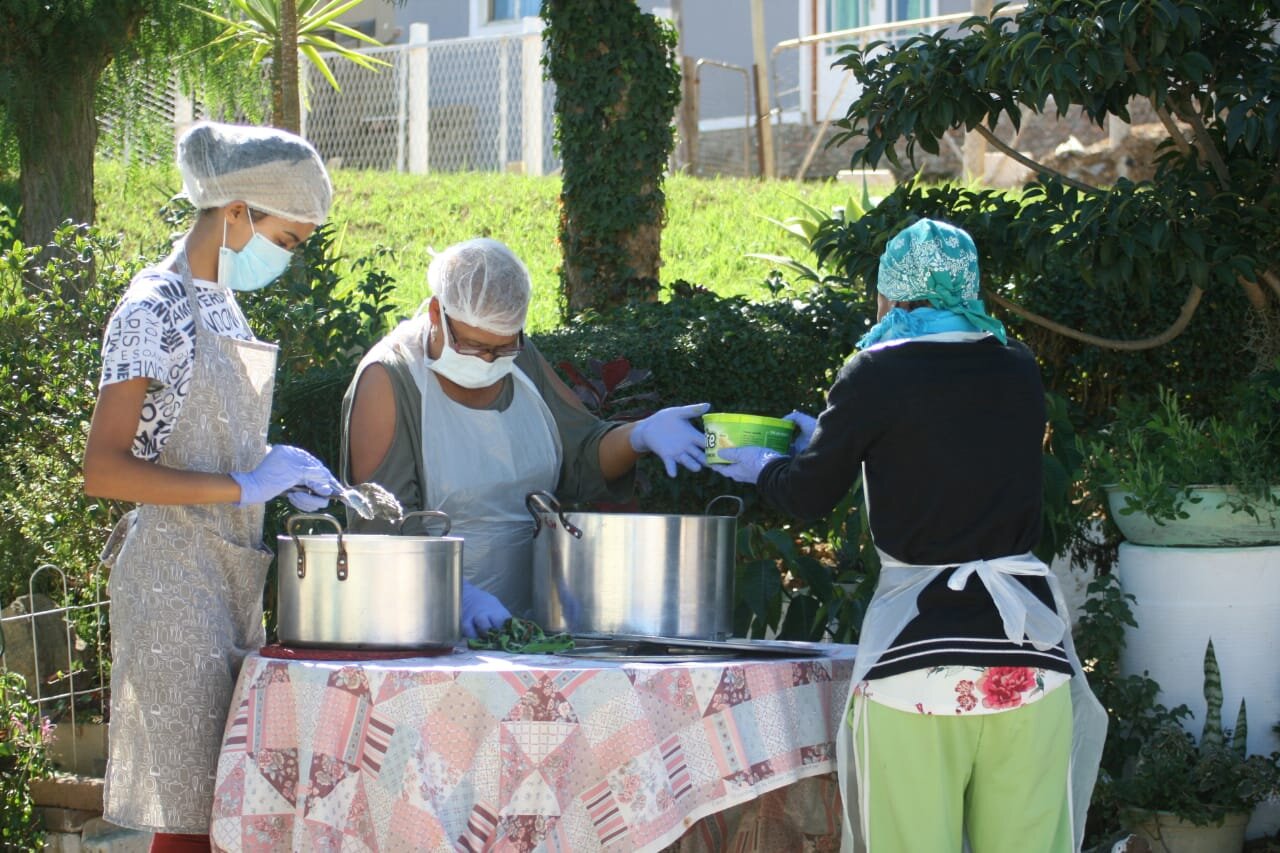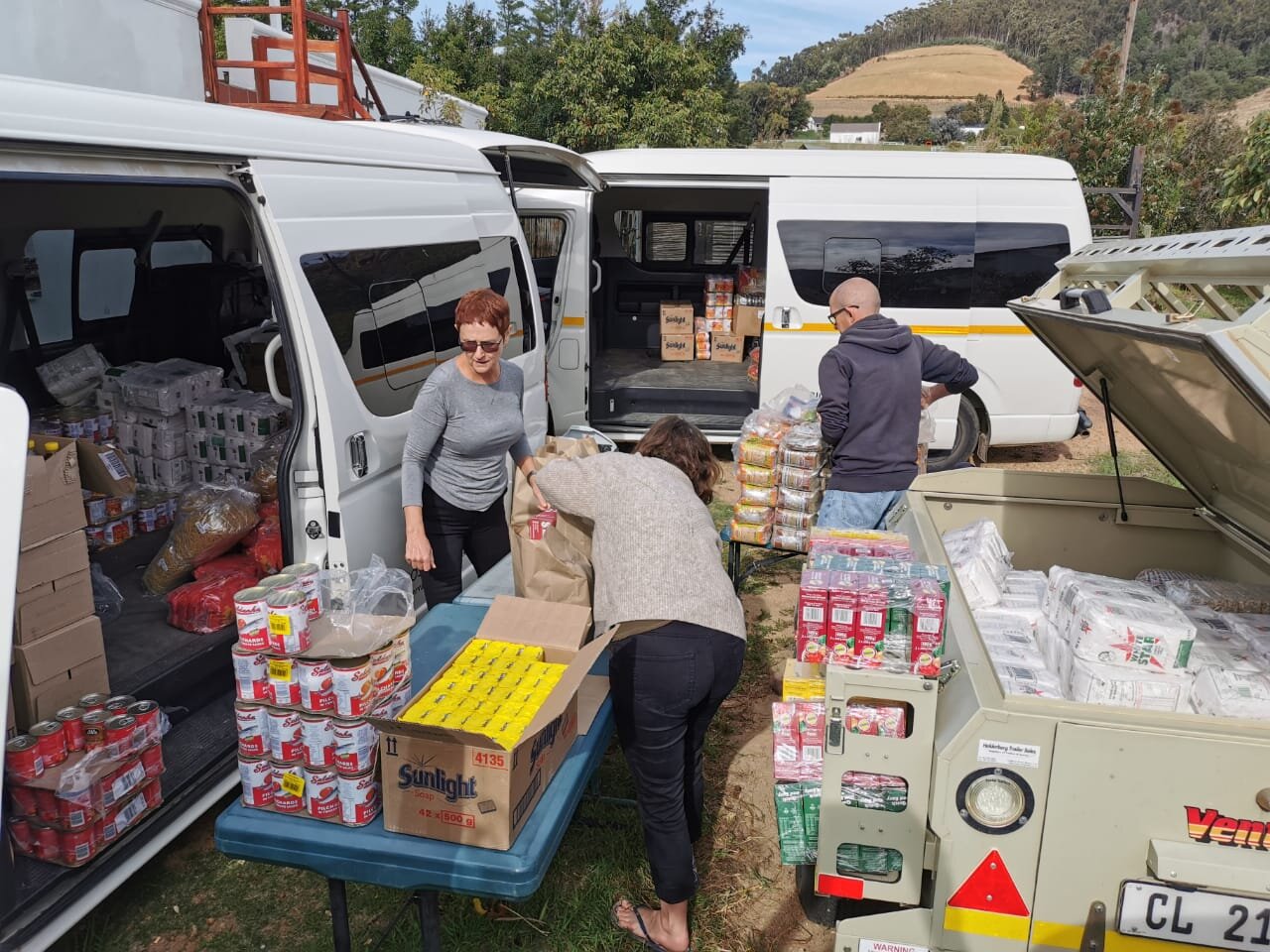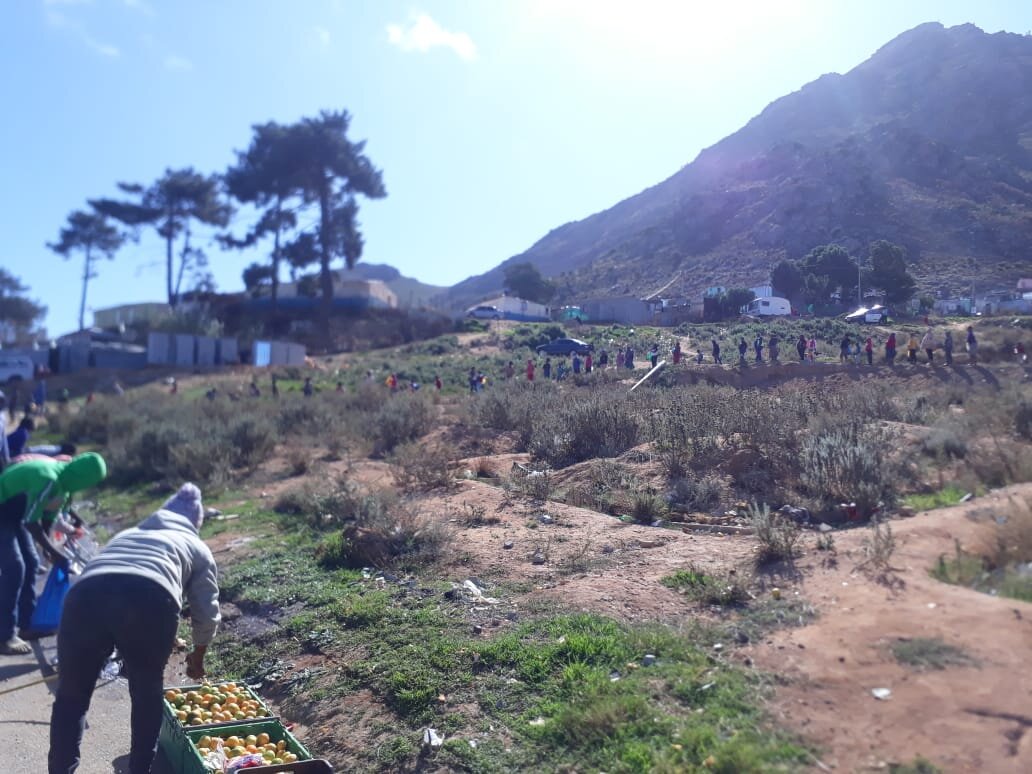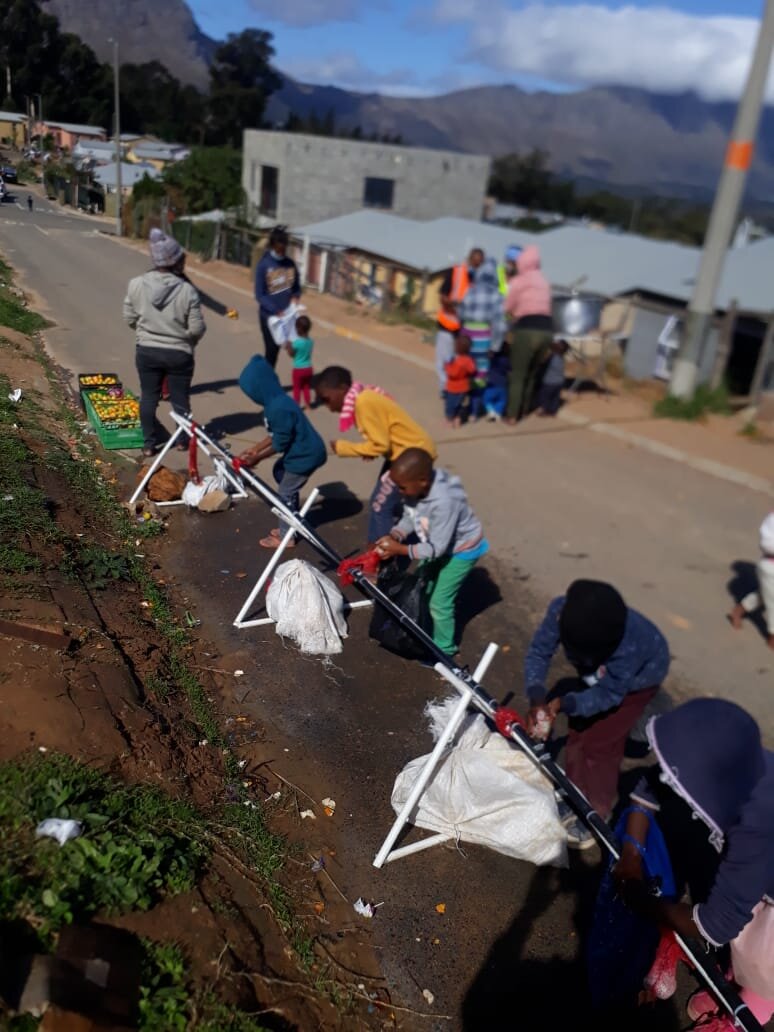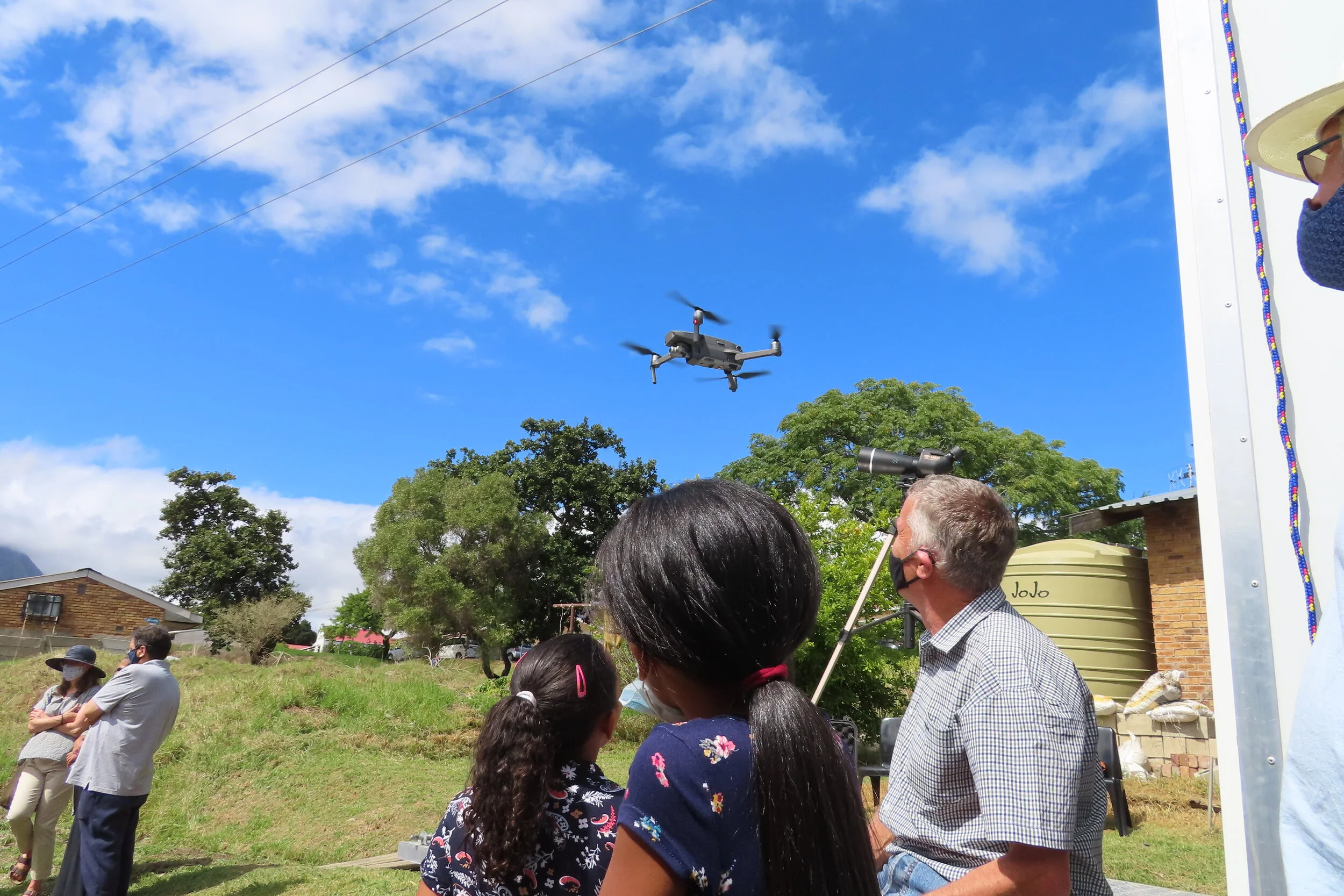education
Covid-19 Nutrition and Health
The Coronavirus, Covid-19, and the lockdown that has followed has caused many businesses to shut down. Many staff were instantly unemployed and left with no income, and no means to pay for food and rent, adding to the already existing poverty problem in the area.
Schools have been closed, which to many children was the only place where they got food and a place to wash.
Migrant labour has been left stranded, with no way to get home due to border closure, and no income as well.
Hunger comes fast, help takes time and needs funding, planning, human resources, transport, food and hygiene supplies. This is often coupled with the need for an education and distribution programme. Taking into account the safety of all concerned is of paramount importance. There needs to be a process to find out the neediest: those who cannot be left to wait.
The CWBR, together with partners Athénée Action Humanitaire realized the urgency, and approval to allocate funding was prioritized and agreed within days in March 2020.
Rather than reinvent the wheel, CWBR searched for the neediest, and any existing efforts in the area which were community-driven, reliable, under-resourced, and had the potential to upscale. Many of the communities share what little they have, to support the less fortunate, and help with deliveries to the elders and disabled. Partnerships have been established in Franschhoek, Paarl, Villiersdorp, Stellenbosch, and Muldersvlei.
The approach has been twofold: to supply food hampers with two weeks supply to households, according to the number of people and needs of each, and to supply and equip food kitchens to cater for the ever-increasing demand.
The feeding points cater for the aged, disabled, mentally challenged, single young mothers, children, and those who cannot obtain government help.
It is realized that it will be a long time before the situation normalizes. The CWBR's works closely with the communities to develop a framework for “self-help” where people can become self-sufficient rather than relying on handouts. This will include planning, horticultural training, methods of preserving food, identifying local markets, animal husbandry, seed collection and record keeping. The development of start-up businesses at home will be introduced, after research and consultation with professionals in the various disciplines and options.
These measures will allow for a sense of dignity and pride, in what can be achieved after disasters like we are seeing now. It has been achieved before, and the CWBR believes it can be done again.

